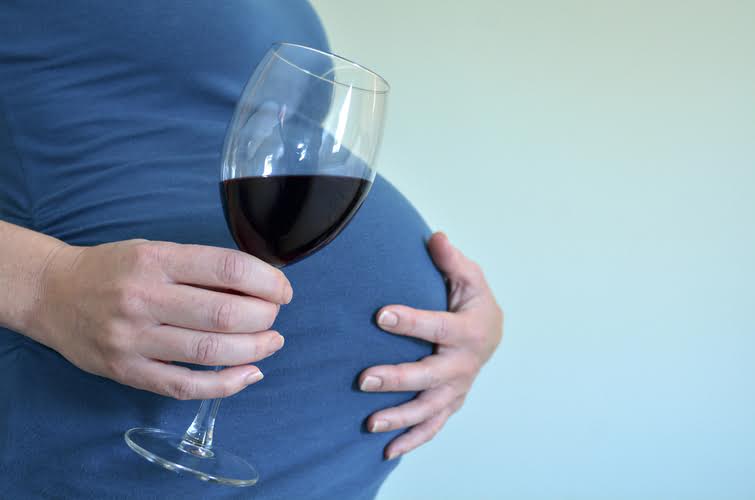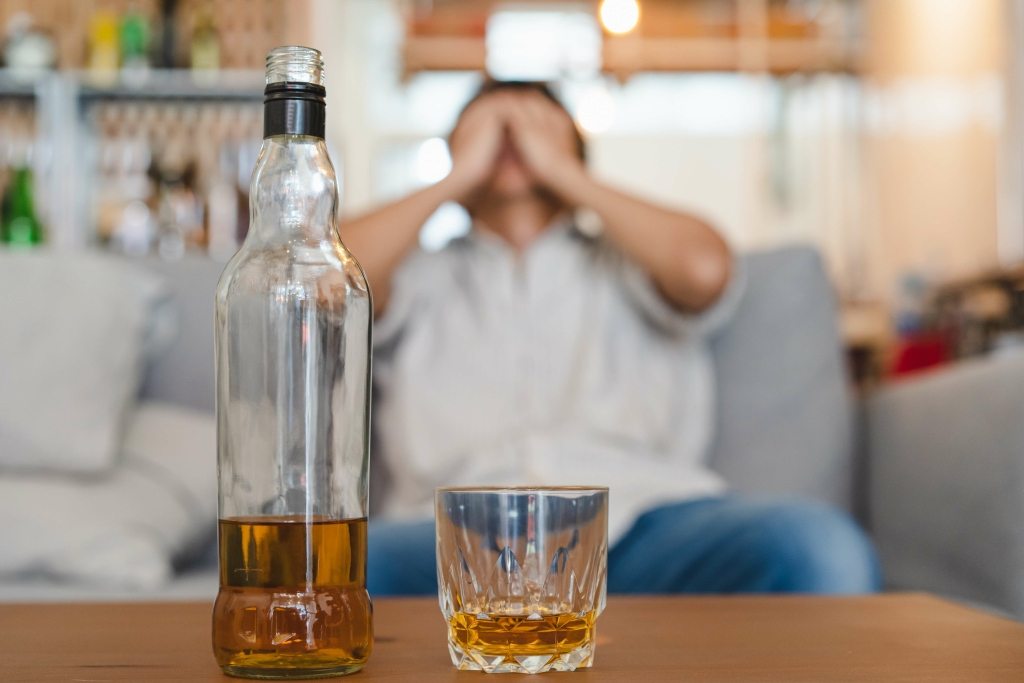Tapering off Alcohol: Is It Safe?
If you go through alcohol withdrawal multiple times, a kindling effect can occur. With kindling, the brain becomes increasingly sensitized to stopping alcohol. In turn, you can suffer from increasingly severe withdrawal symptoms every time you try to stop drinking. Remember, quitting alcohol cold turkey is a personal journey, but it doesn’t mean you have to face it alone. By building a support system, you can increase your chances of success and find comfort in knowing that others are there to help you navigate the ups and downs of sobriety.

How Long Does Tapering Off Alcohol Take?
Depression, irritability, and intense cravings are common psychological symptoms that can make the journey to sobriety more challenging. In substitution taper, you gradually replace alcoholic beverages with non-alcoholic alternatives. This method can help in managing cravings and reducing overall alcohol intake. You must be mindful of the substitutes chosen to ensure they are healthy and non-addictive. Substituting can help you maintain the ritualistic aspects of drinking alcohol while reducing your alcohol intake to zero. Seeking professional help and joining support groups can provide emotional support and valuable coping strategies.

Tapering Off Alcohol
It is also vital to overcome and address the factors in your life that made you turn to alcohol in the first place. Often, these factors are a way of subconsciously coping and http://stavsp.ru/ostalnye_referaty/referat_special_fields_of_psychology.html require help and support to address. Although an alcohol taper has benefits, it can be challenging for some to quit drinking alone, and harm their health in the long term.
Who Can Benefit From Tapering Their Alcohol Intake
If you’re worried about your drinking habits, and they might be affecting your health or destroying relationships with loved ones, consider seeking an alcohol treatment program. “Cold turkey” means quitting a substance or behavior abruptly, without any tapering or gradual reduction. Cold turkey is a popular method for quitting smoking, but when it comes to quitting alcohol, https://ctr-omsk.ru/pervaia-igra-dlia-dvoih-pervaia-igra-dlia-jenshin-pervaia-igra-s-seksom-i-drygie-pervye-komputernye-igry it could be a risky choice. This is why it’s always best to find some form of long-term support in sobriety. Support groups, from Alcoholics Anonymous to SMART Recovery, are one free way to find a community of people on the same journey. There are also a number of anti-craving medications to help you avoid drinking again, or even help with your tapering process.

- Lazare has accumulated over eight enriching years in the provision of holistic care to a wide variety of clients, with psychiatric conditions.
- Her primary focus is to provide all clients with a safe, structured environment while coordinating their care.
- Quitting drugs cold turkey can carry similar dangerous risks with those involved in quitting severe alcohol addiction.
- Withdrawal usually begins 6 to 8 hours after the last drink and peaks within 72 hours.
- I have over three years of experience helping individuals and families navigate life’s challenges of mental health and substance use.
Many of the effects of drinking every day can be reversed through early intervention. However, some groups have stepped in to try to bridge this gap and have published sample tapering schedules to help those trying to stop drinking. Judy is a Licensed Clinical Professional Counselor in the State of Maryland, and a National Certified Counselor. She earned her Master’s Degree in Clinical Counseling from Johns Hopkins University with an undergraduate degree in Psychology from the University of Maryland. She has served in both clinical and leadership positions in a number of roles, in inpatient and outpatient settings, as a Primary Therapist and Clinical Supervisor.
What does it mean to quit cold turkey?
- It also lets you start working new habits and routines into your day to replace drinking, starting the transition.
- Tapering can be an excellent way to prevent harmful withdrawal effects after ceasing alcohol intake.
- Choosing to quit cold turkey means you stop consuming alcohol abruptly and completely.
Little data is available about the safety and effectiveness of alcohol tapers. In contrast, robust evidence supports quitting alcohol while under medical supervision. If you http://www.diveevo.ru/2/0/1/84/ struggle with drinking, the safest way to quit is under a doctor’s care. If you drink heavily, your doctor may recommend quitting with the help of a medical detox center.
Whether through support groups, therapy, or aftercare programs, individuals can maintain their sobriety over time by engaging in activities that promote personal growth and well-being. Remember, the journey to sobriety is unique for each individual, and what works for one person may not work for another. It’s important to assess your own personal situation, consult with professionals, and make informed decisions about the best approach for your recovery.
There are several health benefits to stopping smoking, drinking alcohol, and taking drugs. By going cold turkey, a person’s body can begin to recover immediately from the damage the substance was causing. This method can lead to withdrawal symptoms, especially if you’ve been a heavy drinker.
